pico Plywood Contact
Contact Information
To learn more about our Plywood Products or discuss your project requirements, please reach out to us through the following channels.
wood's advantages
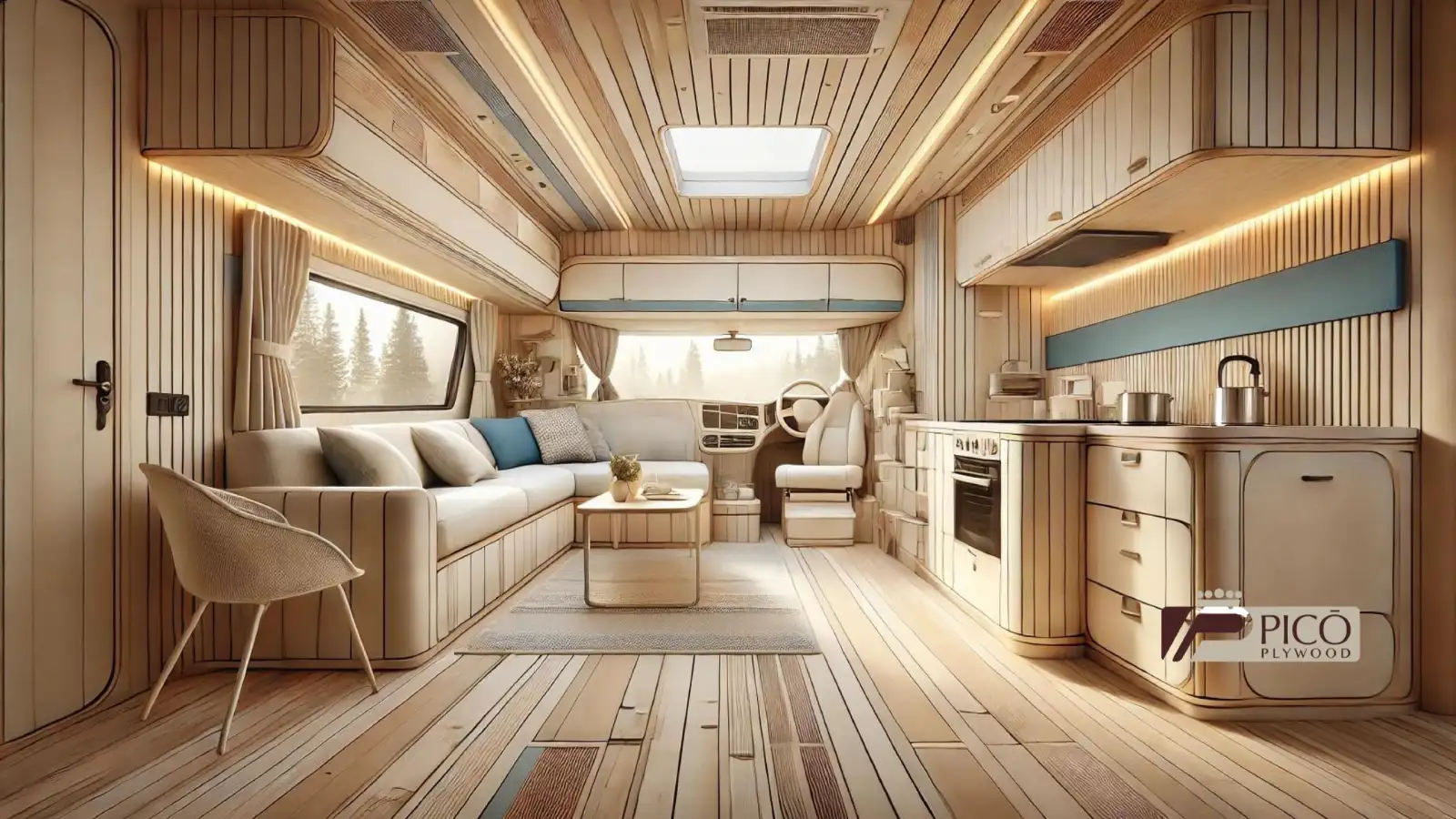
Table of Contents for the Article
Lightweight plywood has become an indispensable material across various industrial sectors, thanks to its numerous advantages. In this article, we delve into its specific applications in the automotive industry, prefabricated homes, and caravaning. Our aim is to provide a detailed analysis that highlights the characteristics and benefits of this material, as well as its positive impact on the efficiency and sustainability of these sectors.
The automotive industry, prefabricated housing, and caravaning are constantly evolving, requiring materials that offer strength, lightness, and sustainability. In this context, lightweight plywood panels have emerged as an irreplaceable solution. This article will thoroughly explore the advantages and applications of these panels, emphasizing their relevance in these key sectors.
Lightweight plywood panels are a versatile material used in various industries, including construction, furniture manufacturing, and transportation. These panels are made by combining hard and softwoods to maximize strength while significantly reducing weight. One of the key benefits of lightweight plywood is its ability to lower transportation costs due to its reduced weight, making it an economical choice for large-scale projects.
Additionally, advancements in manufacturing techniques, such as the use of eco-friendly adhesives and automated production processes, have enhanced the material’s sustainability and efficiency. These innovations ensure that lightweight plywood panels meet modern environmental standards while maintaining their structural integrity.
The applications of lightweight plywood are diverse. In construction, they are used to create intricate architectural formwork, curved structures, and large-scale designs. Their adaptability and ease of use make them a preferred choice for both aesthetic and functional purposes.
Overall, lightweight plywood panels offer a practical solution for projects requiring durable yet lightweight materials, contributing to cost savings and environmental sustainability.
Lightweight plywood panels combine lightness and strength. These panels are composed of layers of wood glued in different directions, providing remarkable resistance to bending and twisting.
The production of these panels uses sustainable wood, contributing to the reduction of carbon footprints. Additionally, the use of eco-friendly adhesives and efficient manufacturing processes minimizes environmental impact
These panels can be used in a wide range of applications, from internal structures to decorative elements, due to their ease of handling and adaptability to various shapes and sizes.
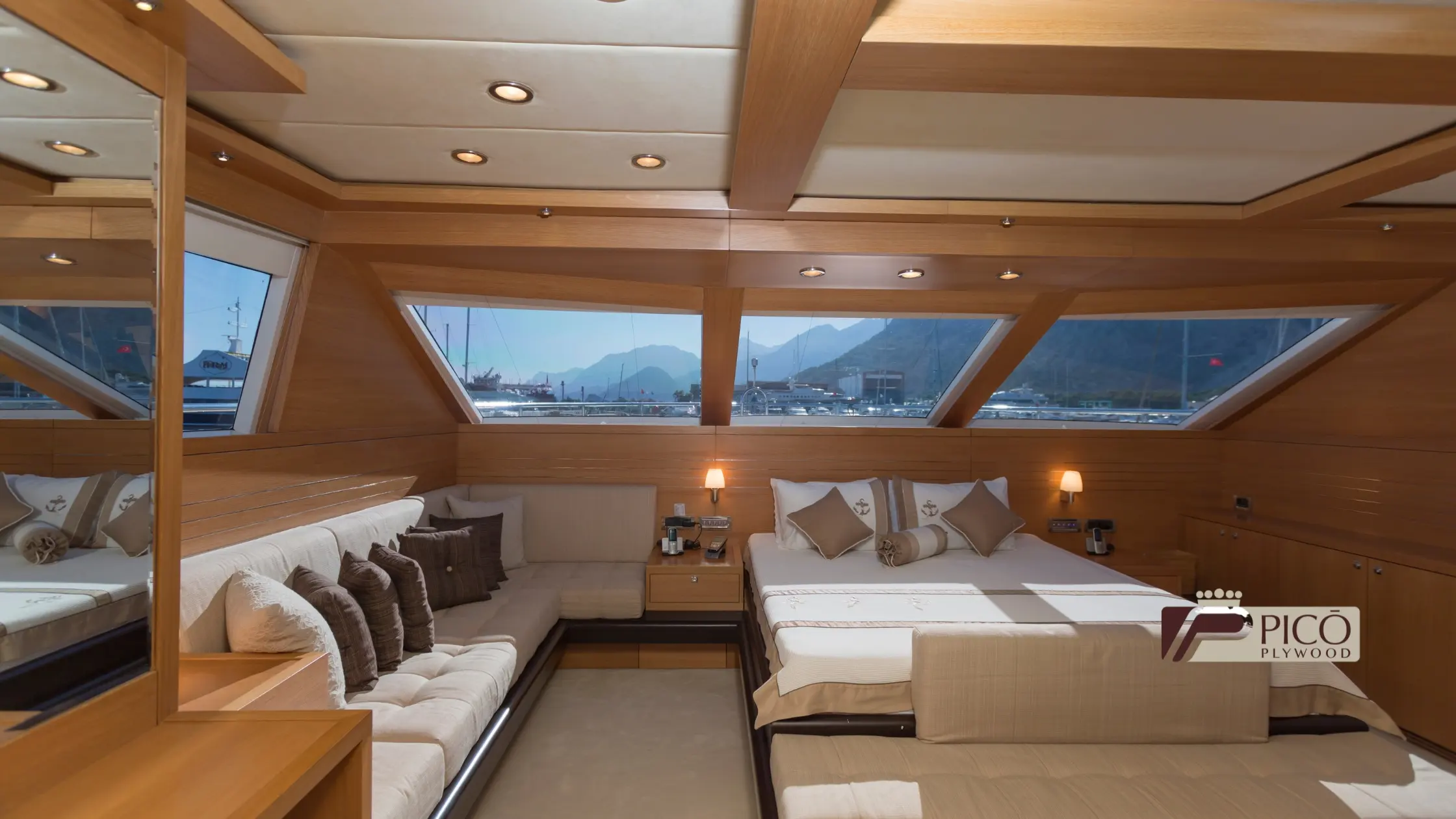
The automotive sector is constantly seeking lightweight materials to improve fuel efficiency and reduce emissions. Lightweight plywood panels play a crucial role in this context.
The lightness of these panels makes them an ideal choice for door panels and consoles, reducing the overall weight of the vehicle without compromising durability or aesthetics.
Seats also benefit from the use of lightweight plywood panels, providing a robust yet light structure that enhances passenger comfort and safety.
Prefabricated homes require materials that are easy to transport and assemble while offering high strength and durability. Lightweight plywood panels meet these requirements exceptionally well.
These panels are ideal for constructing walls and roofs in prefabricated homes, providing an efficient and cost-effective structural solution.
For interior finishes, lightweight plywood panels offer a smooth and uniform surface that can be easily painted or covered, adapting to any interior design.
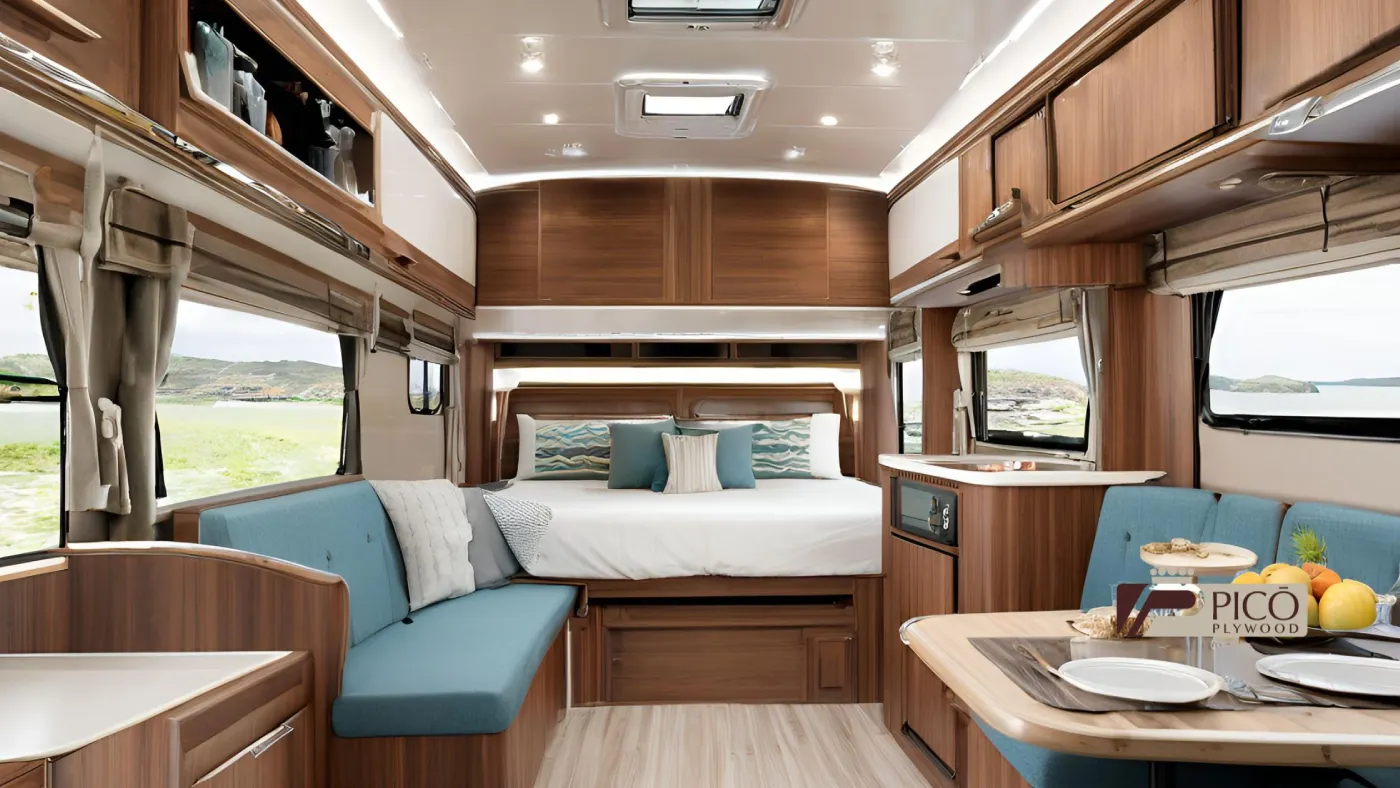
Caravaning requires materials that are both strong and lightweight, optimizing the performance and maneuverability of caravans. Lightweight plywood panels are perfect for this purpose.
Caravan furniture, such as cabinets and beds, greatly benefits from the lightweight strength of these panels, enhancing functionality without adding unnecessary weight.
Interior cladding and panels in caravans also take advantage of lightweight plywood, offering an aesthetic and practical solution that improves durability and insulation.
The evolution of lightweight plywood has been driven by significant technological innovations that have enhanced its performance and sustainability.
The development of advanced adhesives has allowed for better cohesion between the wood layers, increasing structural strength without adding weight.
The use of composite woods and other innovative materials has led to panels with specific features, such as increased fire resistance or improved insulating properties.
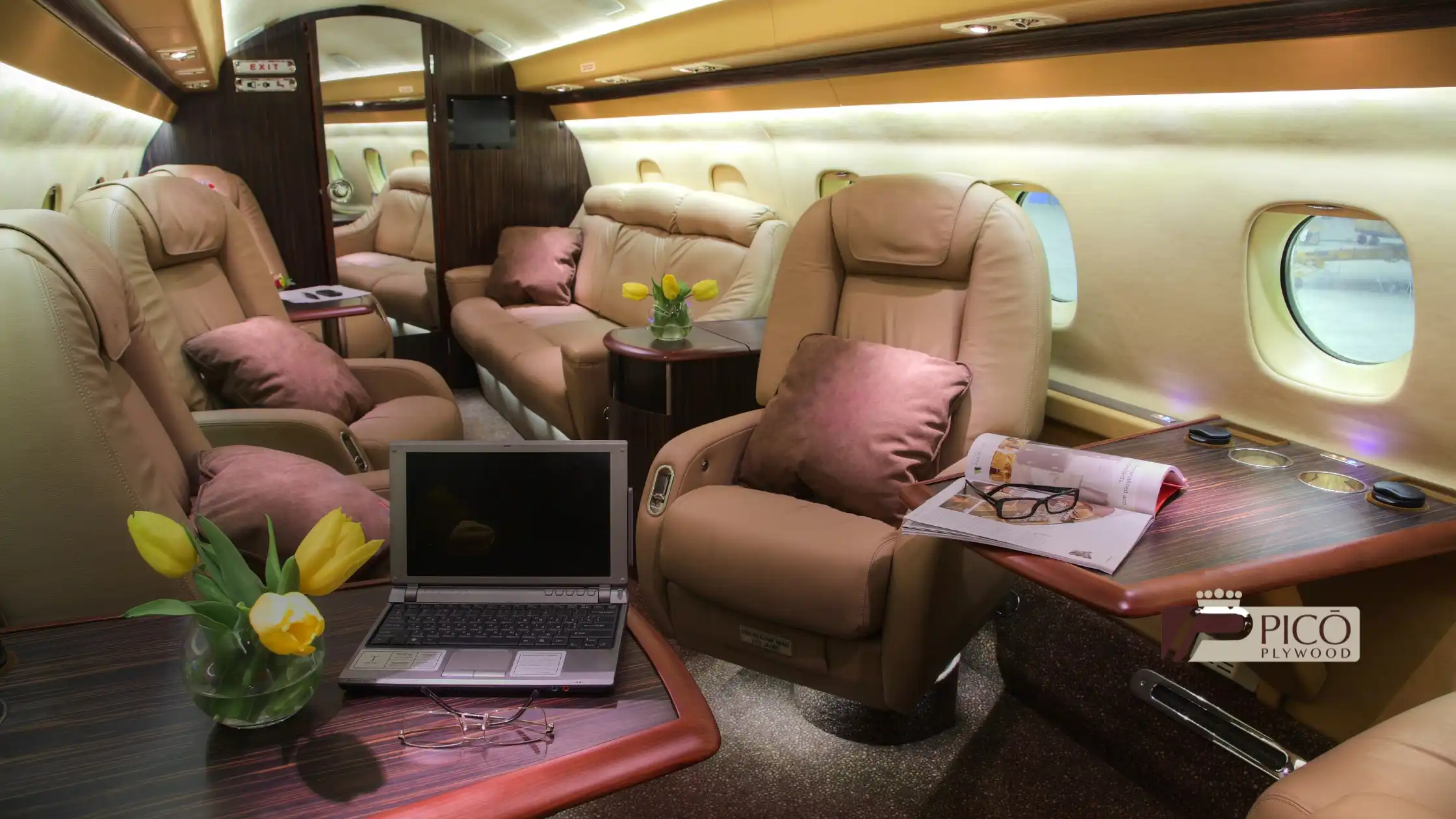
Lightweight plywood represents a comprehensive and versatile solution for the automotive, prefabricated housing, and caravaning sectors. Its combination of lightness, strength, and sustainability makes it a preferred material for diverse and demanding applications. Ongoing innovation in this field promises to deliver even more efficient and environmentally friendly products, addressing the increasing demands of these ever-evolving industries.
The future of lightweight plywood looks promising with the integration of new technologies and materials. Research and development continue to focus on enhancing the structural and environmental properties of these panels.
Nanotechnology is being explored to improve the mechanical and physical properties of lightweight plywood, increasing its strength and durability without adding extra weight.
The use of biodegradable materials and eco-friendly adhesives remains a priority to further reduce the environmental impact of these products, aligning with global trends towards sustainability.
It is crucial to understand how lightweight plywood compares to other materials commonly used in these sectors.
While aluminum is lightweight and strong, lightweight plywood offers advantages in terms of cost and ease of fabrication, and is also a more sustainable option.
Plastic is another lightweight alternative, but lightweight plywood surpasses plastic in terms of rigidity and heat resistance, and is also more environmentally friendly.
To illustrate the positive impact of lightweight plywood, several success stories from different industries can be considered.
A well-known automotive company reduced the weight of its vehicles by 15% by using lightweight plywood in the manufacturing of interior panels and seat components, resulting in a significant improvement in fuel efficiency.
A prefabricated housing company has implemented lightweight plywood in the construction of its models, achieving reduced transportation costs and accelerating the assembly process without compromising the quality and durability of the structures.
A caravan manufacturer has adopted lightweight plywood for its furniture and interior panels, enhancing vehicle manoeuvrability and providing users with a more comfortable and efficient experience.
Lightweight plywood has proven to be an essential material for various applications in the automotive, prefabricated housing, and caravaning sectors. Its combination of lightness, strength, and sustainability not only meets current needs but also aligns with future trends towards efficiency and environmental responsibility. As technologies and materials continue to evolve, lightweight plywood is poised to play an even more crucial role in these dynamic sectors.
Lightweight plywood combines strength and lightness, making it ideal for applications where weight is a crucial consideration.
The price can vary, but generally, lightweight plywood may be more expensive due to specialized manufacturing processes and the materials used.
Yes, but it is important that it is properly treated to withstand moisture and other environmental factors.
It uses less wood and generates less waste compared to other materials, and it allows for greater energy efficiency in the applications where it is used.
Fast-growing and lightweight woods, such as balsa, are used, along with other innovative materials like foam cores.
pico Plywood Contact
Contact Information
To learn more about our Plywood Products or discuss your project requirements, please reach out to us through the following channels.
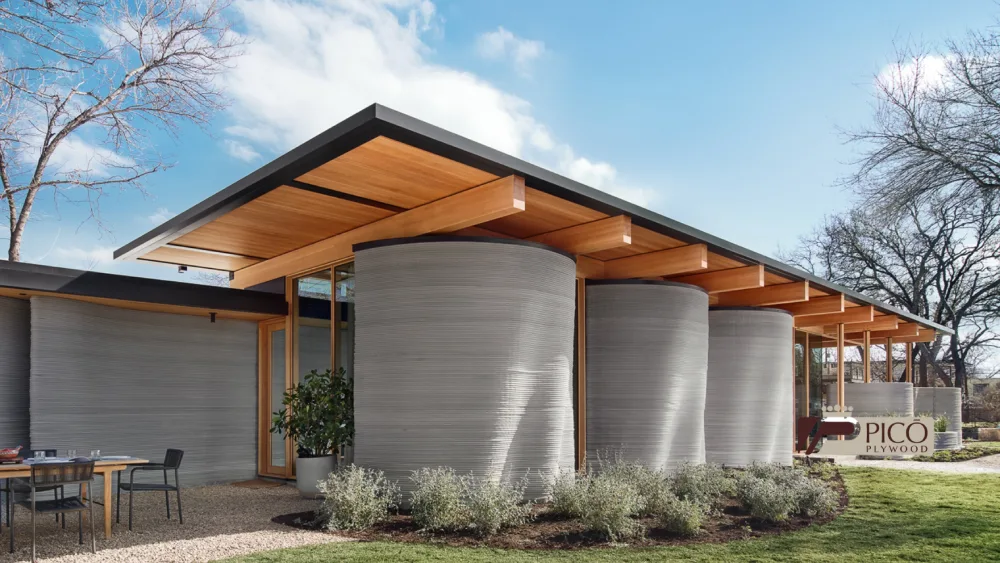
Esta web utiliza cookies para que podamos ofrecerte la mejor experiencia de usuario posible. La información de las cookies se almacena en tu navegador y realiza funciones tales como reconocerte cuando vuelves a nuestra web o ayudar a nuestro equipo a comprender qué secciones de la web encuentras más interesantes y útiles.
Strictly necessary cookies must always be enabled so that we can save your cookie setting preferences.
If you deactivate this cookie we will not be able to save your preferences. This means that each time you visit this website you will have to activate or deactivate cookies again.
Esta web utiliza Google Analytics para recopilar información anónima tal como el número de visitantes del sitio, o las páginas más populares.
Dejar esta cookie activa nos permite mejorar nuestra web.
Please enable strictly necessary cookies first so we can save your preferences!